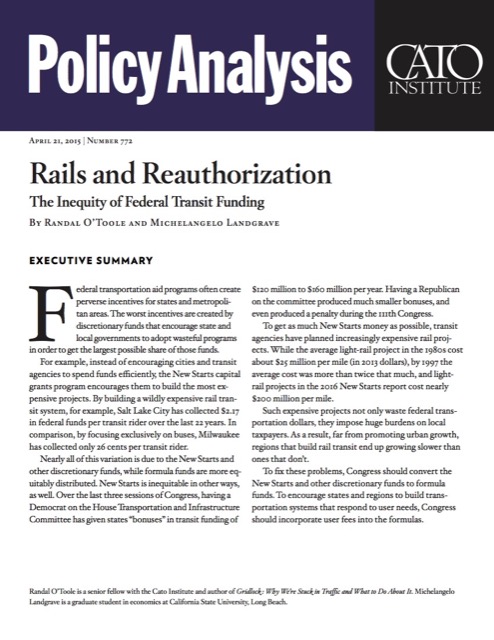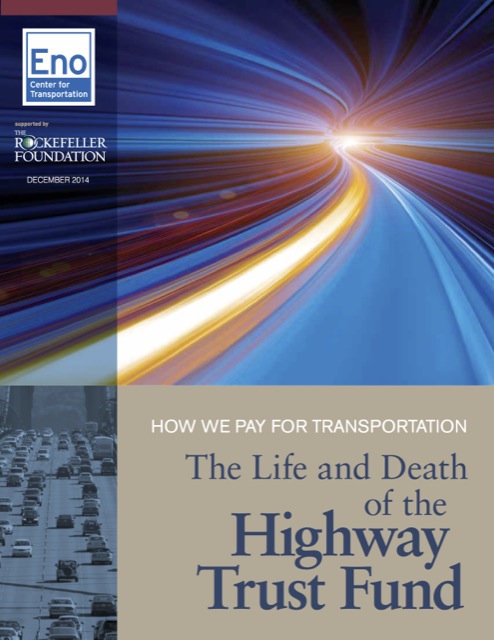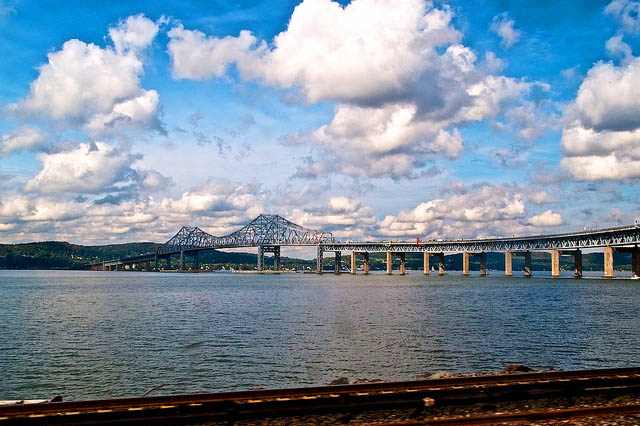The House of Representatives voted yesterday to extend federal funding for highways and transit for two months. The Senate is expected to pass similar legislation later this week. While transportation bills normally last for six years, this short-term action, which followed a ten-month extension last fall and a two-year extension in 2012, has proven necessary because no one has been able to rustle up a majority agreement on the federal role in transportation.
For those who haven’t followed the issue, the federal government collects about $34 billion a year in gas taxes and related highway user fees. Once dedicated to highways, an increasing share has gone for transit and other uses since the early 1980s. Compounding this was a decision in 1998 to mandate that spending equal to the projected growth in fuel taxes. When fuel tax revenues stopped growing in 2007, spending did not, with the result that annual spending is now about $13 billion more than revenues.
Under Congressional rules, Congress must find a revenue source to cover that deficit. The Antiplanner’s colleague at the Cato Institute, Chris Edwards, thinks that the simple solution is for Congress to just reduce spending by $13 billion a year. That may be arithmetically simple, but politically it is not as too many powerful interest groups count on that spending who have persuaded many (falsely, in my opinion) that we need to spend more on supposedly crumbling highways.











